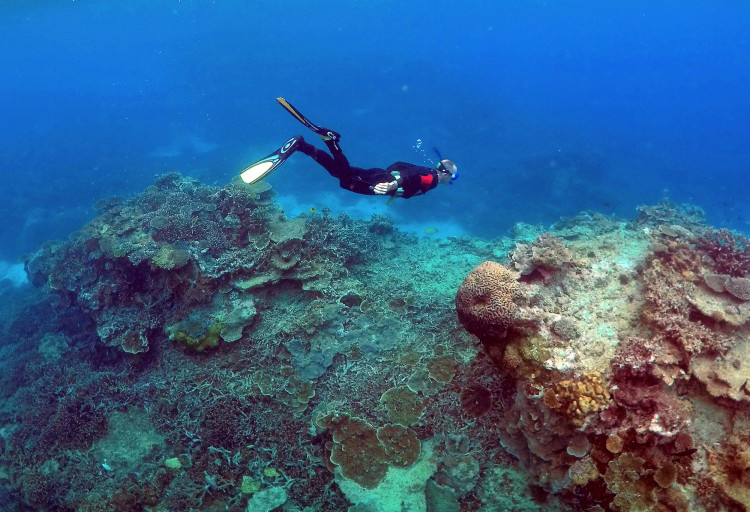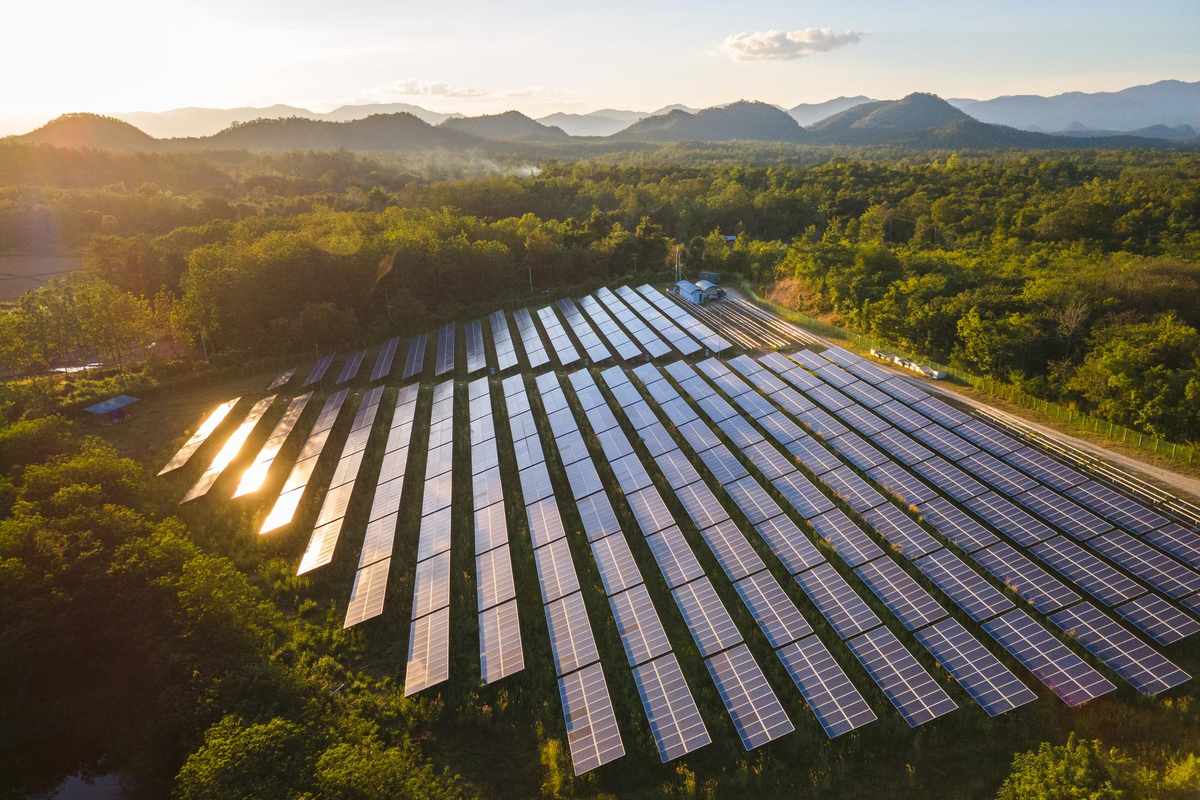
New research published in the journal PLOS Climate has revealed the future of coral reefs, which are considered to host more species than any other, is likely to be worse than expected.
Globally, climate change is creating increasingly frequent marine heatwaves. Corals have adapted to a precise temperature range, so when ocean temperatures are too high for an extended length of time, corals can bleach - losing the colorful algae that live within their tissue and nourish them through photosynthesis - and may ultimately die.
As the temperature has warmed, widespread bleaching and die-offs in the tropics have gone from rare to rather common. Because of the increased frequency of heatwaves, corals' recovery time is becoming shorter.
All thermal refugia are expected to vanish if global temperatures rise by 2°C, which we are on track to do by the end of this century.
The Intergovernmental Panel on Climate Change forecast that 1.5°C of global warming will result in the extinction of 70% to 90% of the world's coral reefs in a 2018 report.
Now, researchers discovered that at 1.5°C of warming, which the world is predicted to reach in the early 2030s without drastic action to limit greenhouse gas emissions, 99% of the world's reefs will experience heatwaves that are too frequent for them to recover, using models capable of examining temperature differences between coral reefs one kilometer apart.
This would be disastrous for the thousands of species that rely on coral reefs, as well as the roughly one billion people that rely on coral reef biodiversity for their livelihoods and food supplies.
Scientists hope that local conditions on particular reef tracts will ensure that corals have acceptable temperatures in the future, even if surrounding areas warm. These conditions could be caused by upwelling, which brings cooler water to the top, or by strong ocean currents. Reef managers can prioritize these "refugia," which provide corals with a better chance of survival.
Finding these refugia, however, is challenging since they are likely to be small, and the precision of climate forecasts that estimate changes in ocean temperatures over time is too coarse.
The researchers used climate models to predict what would happen to thermal refugia if global warming reached 1.5°C above pre-industrial levels, as set out in the 2015 Paris Agreement. They discovered that with a 1.5°C rise by the end of the century, only 0.2% of the world's shallow-water coral reefs will benefit from thermal refugia.
All thermal refugia are expected to vanish if global temperatures rise by 2°C, which we are on track to do by the end of this century.
While various efforts to safeguard reefs are now underway, such as seeding reefs with more heat-tolerant corals, the findings suggest that reducing global warming is crucial.
"Our results show that global emissions reduction and carbon [capture and storage] are essential to prevent large-scale reef loss," the paper's lead author, Adele Dixon, said.







Change THIS .... click here to set the footer